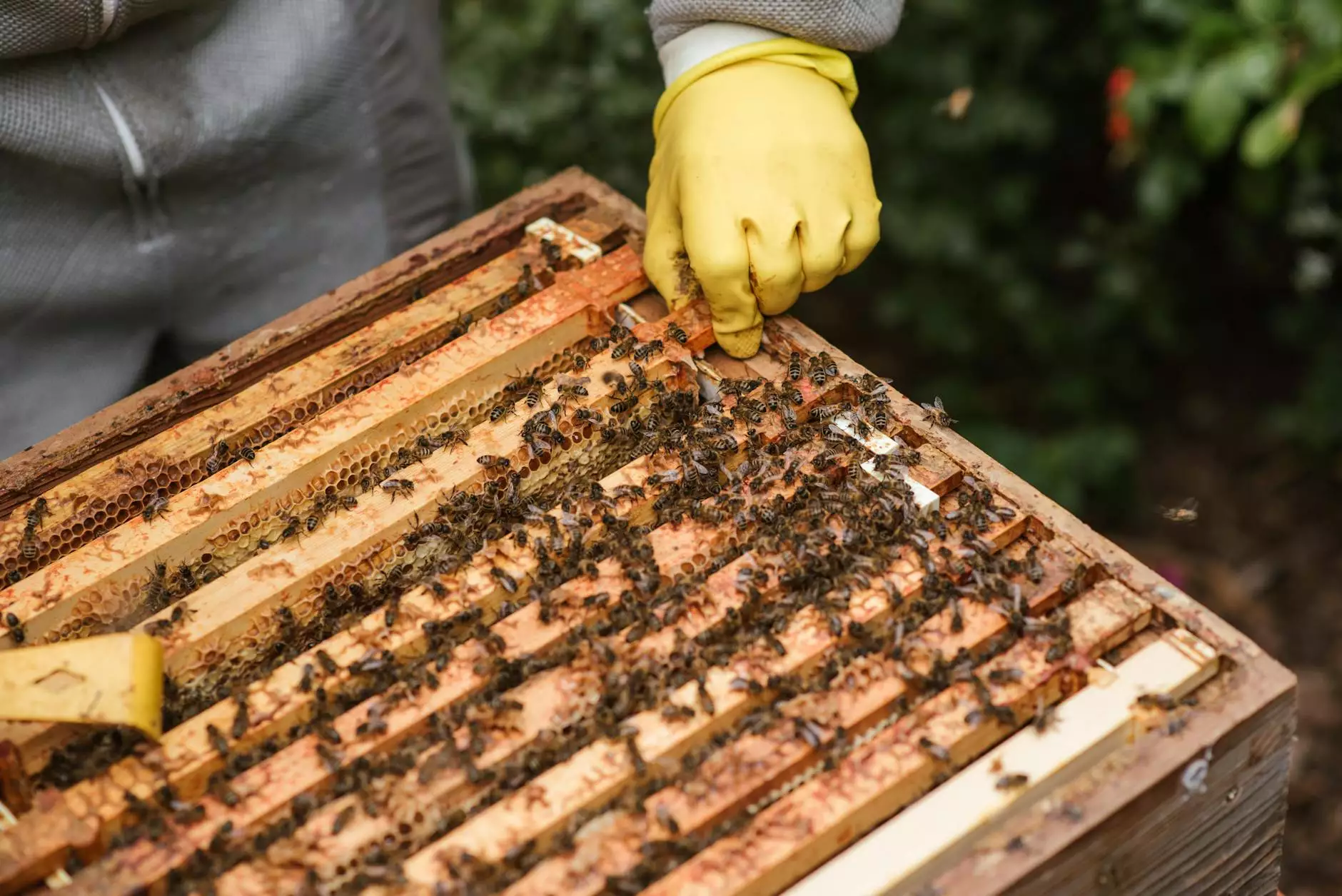The Benefits of Effective Insect Pest Management for Farm Equipment Repair and Agriculture

Managing insect pests is a crucial aspect of maintaining a successful farming business. Insects can cause extensive damage to crops, buildings, and most importantly, farm equipment. Implementing effective insect pest management strategies plays a vital role in ensuring the health and longevity of your equipment, ultimately contributing to the overall success of your agricultural operations.
Importance of Insect Pest Management in Farm Equipment Repair
When it comes to farm equipment repair, insect pests can be a significant hindrance. These pests can damage the structural integrity of machinery, leading to costly repairs and potential downtime. By proactively implementing insect pest management practices, you can prevent these pests from causing harm to your equipment, thereby extending its lifespan and reducing maintenance costs.
Enhancing Productivity in Farming Equipment
In addition to protecting farm equipment, effective insect pest management also plays a crucial role in enhancing productivity in farming equipment. Pests can significantly impact crop yields and quality, leading to financial losses for farmers. By controlling insect pests through sustainable and environmentally friendly methods, farmers can optimize their production and maximize their profitability.
Strategies for Effective Insect Pest Management
There are several strategies that farmers and farm equipment repair professionals can employ to manage insect pests effectively. Integrated Pest Management (IPM) is a holistic approach that combines biological, cultural, physical, and chemical control methods to minimize pest damage while promoting environmental sustainability. By implementing IPM practices, farmers can reduce reliance on chemical pesticides and adopt more eco-friendly solutions to pest management.
- Biological Control: Introducing natural predators or parasites to combat pest populations.
- Cultural Control: Implementing farming practices that deter pests, such as crop rotation and proper irrigation.
- Physical Control: Using mechanical barriers or traps to prevent pest infestations.
- Chemical Control: Using targeted pesticides only when necessary and following proper application guidelines.
Benefits of Sustainable Pest Management
Implementing sustainable insect pest management practices not only benefits farm equipment repair and farming equipment but also contributes to environmental conservation. By reducing the reliance on chemical pesticides, farmers can protect local ecosystems, pollinators, and biodiversity while ensuring the long-term viability of their agricultural operations.
Conclusion
Effective insect pest management is essential for maintaining the health and functionality of farm equipment while optimizing productivity in farming operations. By adopting sustainable pest control practices and integrating them into daily operations, farmers can protect their equipment, maximize yields, and contribute to a more environmentally sustainable agriculture industry.
For expert insect pest management services for farm equipment repair and agriculture, visit tsgcinc.com to learn more about our comprehensive solutions.









